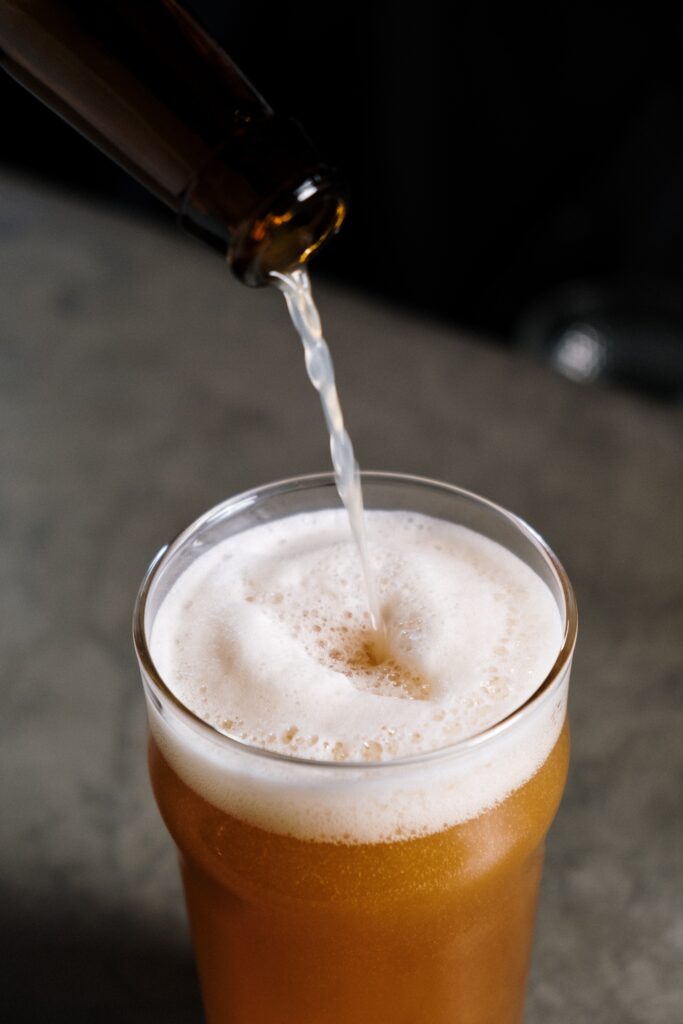Discovering Biova, the Italian startup that from 2019 will turn leftover bread into beer, providing significant savings in barley malt and with reduced CO2 emissions.
Have you ever wondered how much food you leftover every day? The answer is disturbing: about a third of the planet’s food production is, for all intents and purposes, waste that, often, finds no reuse and ends up thrown away. Severe case concerns bread, of which so many tons are thrown away every day. Disturbing data that require an immediate solution.
Making a significant contribution, albeit still in a small way, is a noteworthy Italian startup that, for the past few years, has been turning tons of leftover bread into beer. The company in question is called Biova, exactly like the famous type of bread from Piedmont, and is responsible for collecting leftover bread on the ground, which in Italy alone is about 13 thousand quintals, and reintroducing it into a production process. A true circular economy for a “circular beer” that, thanks to the innovative and 100% organic formula, also replaces 30% of the barley malt needed for production.
The idea was born in 2019 from the mind of Emanuela Barbano, already active for years in the area with her own volunteer association for the collection of leftover food, and Franco Dipietro with the aim of putting unsold bread back on the market by transforming it into beer, giving the same bread producers the opportunity to put the reworked product back on the shelves of their stores.
150 kilograms of bread can be used to produce 2,500 liters of beer, estimate Biova’s producers, who also boast of master brewers and experts in their team who are recognized at the European level and whose recipes have led the startup to produce different types of beer whose taste, according to consumers, is noteworthy.
Amazing startup that, by the way, does not stop at beer production. In the production of Biova, barley malt is used, albeit with a 30% reduced amount compared to competitors, which in turn generates residues. The team also thought of this, developing a savory snack, Ri-Snack, made using residual barley malt. The snack is high in protein, fiber, and minerals but low in sugar, which is released almost completely in the mashing stage (and therefore also interesting on a dietary level).
Leftover bread? Drink up.
Photo : Pexels
Author : Alessandro Volpe
